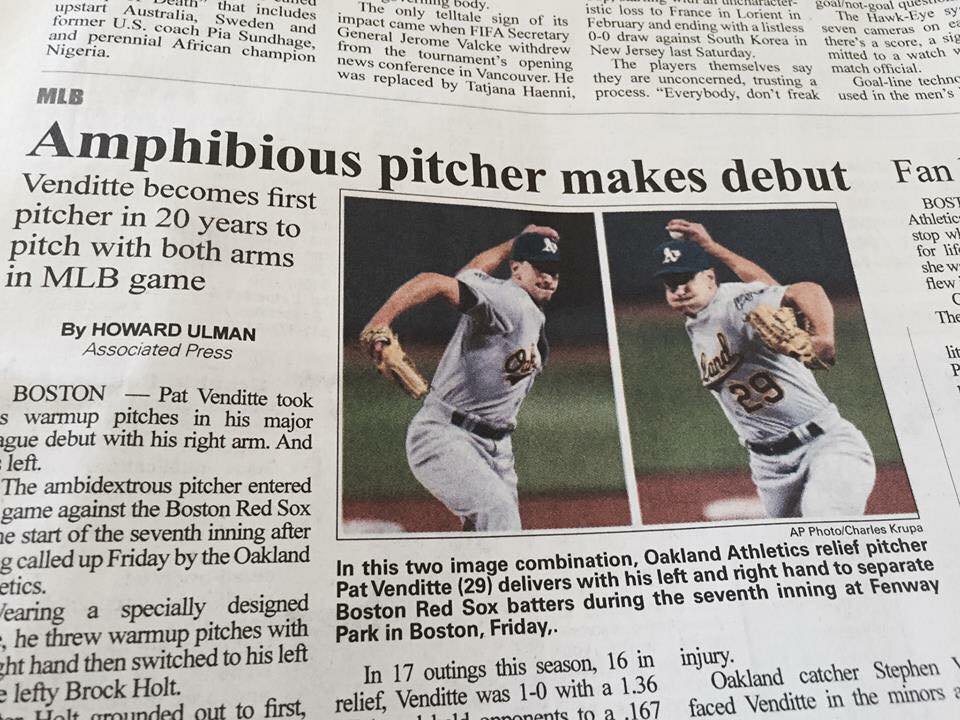 Lining up to hear the candidate. Hot summer, 2016 This political season I have been watching, cringing, and shaking my head. I find a huuuuge gulf between what I think of as leadership and what certain segments of the electorate and media seem to think it is. For one thing, it has become abundantly clear that Donald Trump is not a good listener. Never has been, never will be. And he's OK with that. This should be a red flag for anyone thinking about voting for him. It is disastrous for a company, organization or any sort of coalition when the person in charge refuses to listen to other points of view. Imagine how catastrophic it would be to elect a head of state who does not possess the skill--or even desire--to be a good listener!
Lining up to hear the candidate. Hot summer, 2016 This political season I have been watching, cringing, and shaking my head. I find a huuuuge gulf between what I think of as leadership and what certain segments of the electorate and media seem to think it is. For one thing, it has become abundantly clear that Donald Trump is not a good listener. Never has been, never will be. And he's OK with that. This should be a red flag for anyone thinking about voting for him. It is disastrous for a company, organization or any sort of coalition when the person in charge refuses to listen to other points of view. Imagine how catastrophic it would be to elect a head of state who does not possess the skill--or even desire--to be a good listener!
Here is a blog I wrote in January, 2014 that unpacks why it is critical for a leader to have good listening skills. Enjoy.
Last week, while trying to solve some communications problems specific to clients in leadership roles, I looked to Adam Bryant's "Corner Office" interview with Penny Pritzker in the New York Times, "On Hearing the Whole Story." Pritzker, a highly successful business leader in the real estate, hospitality, and financial services industries, is currently serving as Secretary of Commerce. She answered Bryant's question about improving her leadership over the years this way:
"Probably the biggest mistakes I’ve made were when I wasn’t listening carefully enough. Sometimes you need help with that. I have often said to my closest advisers that your job isn’t just to tell me what you think, but you also have to get in my face and make sure I heard you. It’s hard to deliver bad news, and part of leadership is giving people permission to give you bad news, and making sure you really hear it."
The thing that struck me was how much humility is packed in that statement. And the acknowledgement that true leadership means a willingness to deal with uncertain, or even negative, feedback. A reminder that when you are a leader it is not about you, but about the shared goal of the stakeholders in your venture. If your staff or team is reluctant to give you bad news, then how can you really find our what is going on? Their job in not to please you, but to give you the information you need.
As Shanti Atkins, President and CSO of Navex Global, said in Bryant's January 2nd column: "Even now I like to have people around me who will disagree with me and who will tell me when they think I’m wrong or something is a terrible idea. If I get the feeling I have people around me who are managing up, I get very nervous. I just instantly start wondering, 'What’s actually happening and why can’t you give me more of a balanced picture?' ”
We all need to be ready to really hear what employees, co-workers, even family members, have to say--especially when it is something we may not want to hear! Let's resolve to be better--and more open--listeners this year. Mindfully practicing our listening skills will improve every facet of our lives, not just the bottom line.




















